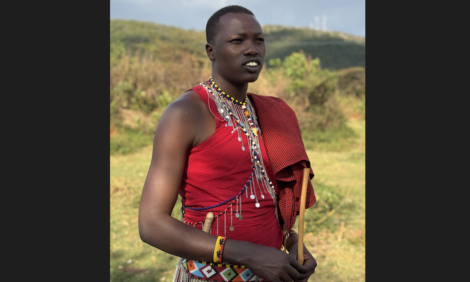



JBS invests $7M to boost cattle traceability in Pará
Program targets small producers, herd tracking by 2026JBS has invested more than US$7 million in cattle traceability and support for small producers in Pará, as part of a pioneering state program that aims to trace the entire herd of cattle and buffalo in the region by the end of 2026, according to a company-issued press release.
The results of JBS's initiatives were presented during the "Expedition to the Sustainable Meat and Leather Market of Pará," an event promoted by The Nature Conservancy (TNC) Brazil.
The initiative is part of a broader coalition involving the government, producers, civil society and industry. As part of its actions, JBS has allocated US$5 million to its Traceability Accelerator Program, which encourages the adoption of animal ID tags among the company’s indirect suppliers. This includes the donation of 2 million ear tags to producers and 175 readers to the Pará State Agricultural Defense Agency (Adepará).
The Accelerator Program initially targets Southeast Pará, in the region between the municipalities of Marabá and Santana do Araguaia. JBS teams and partner organizations conduct field visits to identify and engage with farms, working directly with traceability operators trained and accredited by the state.
The donated readers record data from the animals' individual identification tags, enabling the monitoring of individual cattle across Pará, which has the second-largest herd in Brazil.
"Our actions were designed to scale up the state program by supporting both direct and indirect suppliers, with the capacity to reach up to 2 million tags for herd traceability. This phase is crucial to overcoming bottlenecks and testing traceability tools and solutions at scale," said Fábio Dias, JBS's head of sustainable livestock, during the event.
In strategic partnership with Adepará and TNC, the Traceability Accelerator Program already includes partner companies for field operations. Future expansion is planned for other regions of the state, such as the Southwest (Altamira, Anapu and Pacajá), the Lower Amazon (Belterra and Santarém), and the Marajó region. There is also interest in replicating the model in other states.
JBS has also allocated a significant portion of its investment to the Green Offices in Pará, which have received US$2 million since 2021. These offices offer free, specialized support for the environmental regularization of rural properties, with a focus on small producers.
The Green Offices assist producers from registration to validation in the Rural Environmental Registry (CAR), promote adherence to the Environmental Regularization Program (PRA) when applicable, support the lifting of embargoes, and help non-compliant producers regain commercial qualification. They also connect producers to requalification programs such as SIRFLOR and Reconecta in Pará.
JBS operates four physical Green Offices in the Southeast region (Santana do Araguaia, Redenção, Tucumã and Marabá). Regularization is accelerated through the Sustainable Territories Platform (PTS), in partnership with the State Secretariat for Environment and Sustainability (SEMAS). Since 2024, the offices have also provided technical and managerial assistance to producers through EV 2.0.
Nationally, the program has shown results: since its launch in 2021, 18,042 farms have been regularized and 7,005 hectares are in the process of forest restoration.



